Open science and R
Scott Chamberlain (@sckottie/@ropensci)
UC Berkeley / rOpenSci

scotttalks.info/ossps
LICENSE: CC-BY 4.0
open science
open science is badly needed
Retractions

science should be reproducible!
but doing for real is another issue
100 psychology studies

Emergent findings
open data can make a new finding possible
Open science as a lego set

Open science as a lego set
open science may be hard to do
but - you can work on different components
and - individual components are useful on their own
Open Data
make your data open
funders/journals often requiring this anyway
future self will thank you
Open Access
make your papers open
funders often requiring this anyway
talk to your librarians!
Versioning: code/data/text

Versioning: code/data/text
failure proofs your work
experiment freely!
Do all work programatically
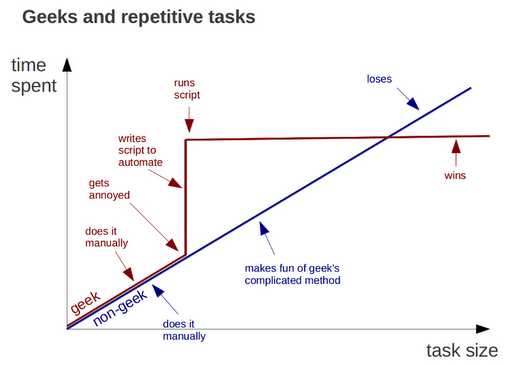
from geeksaresexy.net/2012/01/05/geeks-vs-non-geeks-picture
Do all work programatically
Key to reproduciblity
Most important person that wants to reproduce your work is you!
Do all work programatically
you and yourself
- one week from now
- two months from now
- & so on
Wellcome Trust

N=583 (N=259 ESRC)
link
Wellcome Trust: Open Access
OA part of open science held back by impact factors
“As much as I love the idea, my long term career prospects currently depend on obtaining high impact papers, so fully Open Access journals have to be of comparable merit.”
Wellcome Trust: Open Data
"The majority of respondents make datasets available as open access (80%),
19% make data available upon request via an application procedure, 10% restrict access to immediate collaborators and 9% restrict access to registered users."
No!!!
Wellcome Trust: Open Code
"only 12% ... indicated they had a bad experience when sharing code ... BUT the majority of ESRC-funded respondents did not recognise any personal benefits from code sharing activities"
scientific programming languages
are:
the canvas on which to do science
important scientific programming languages


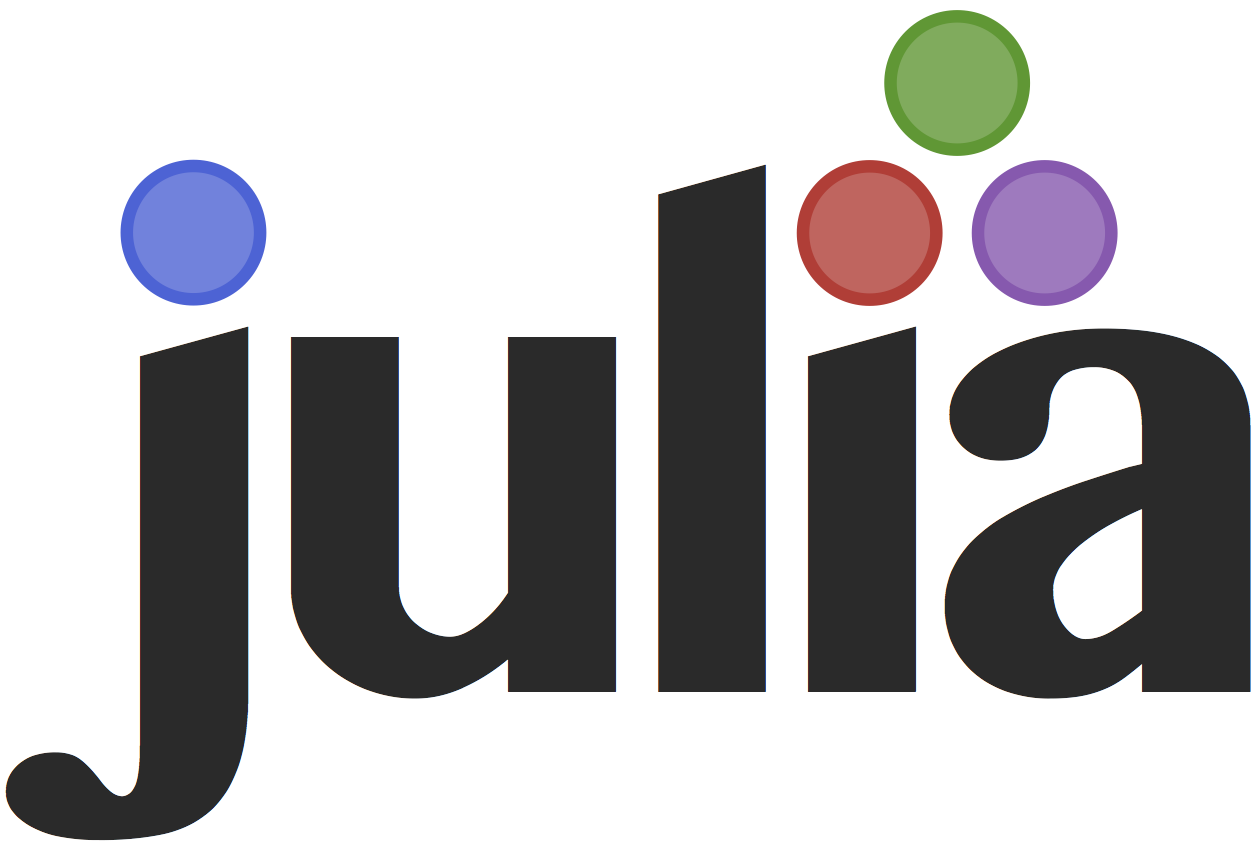
Jupyter Notebooks

reproducing a Jupyter notebook
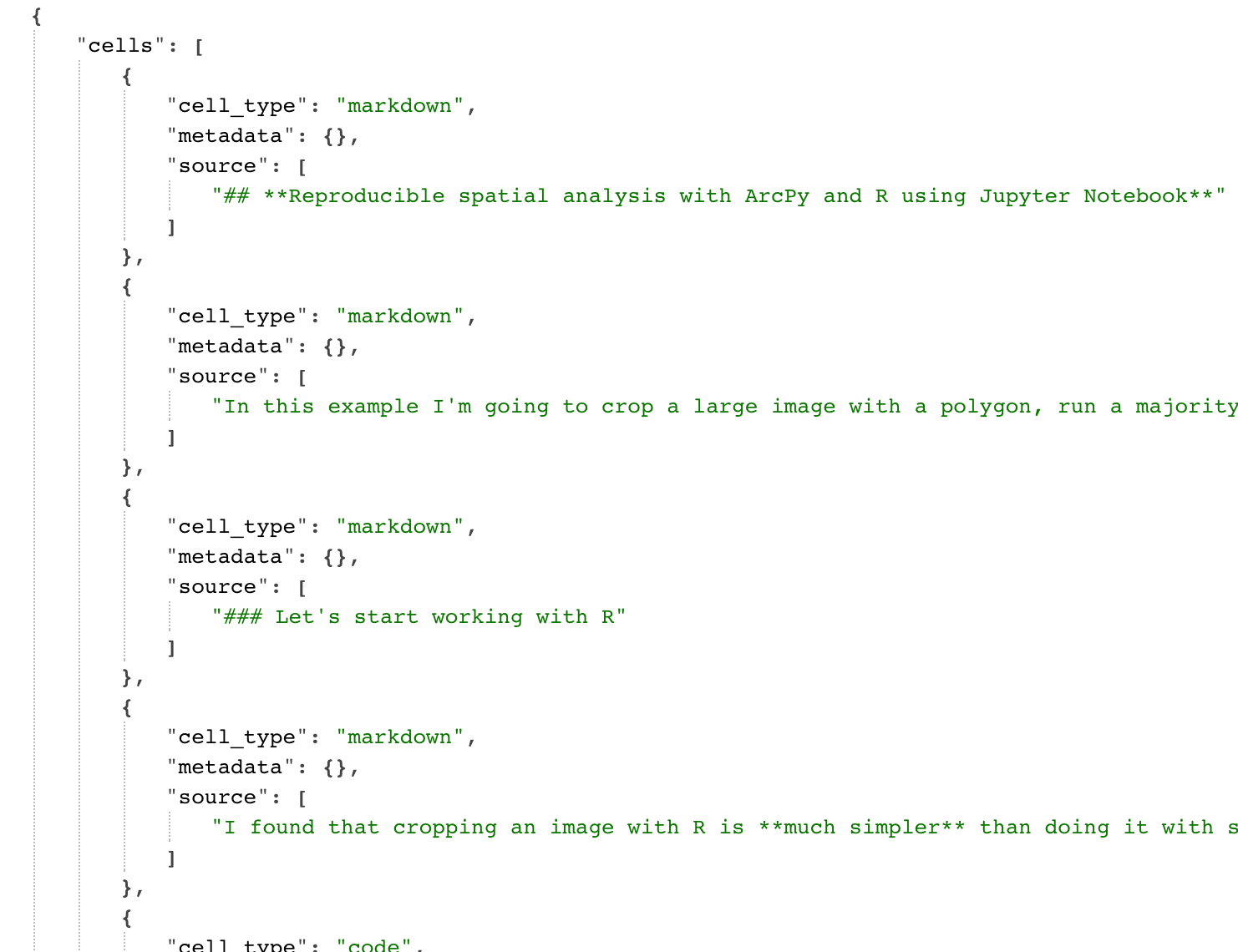
reproducing a Jupyter notebook
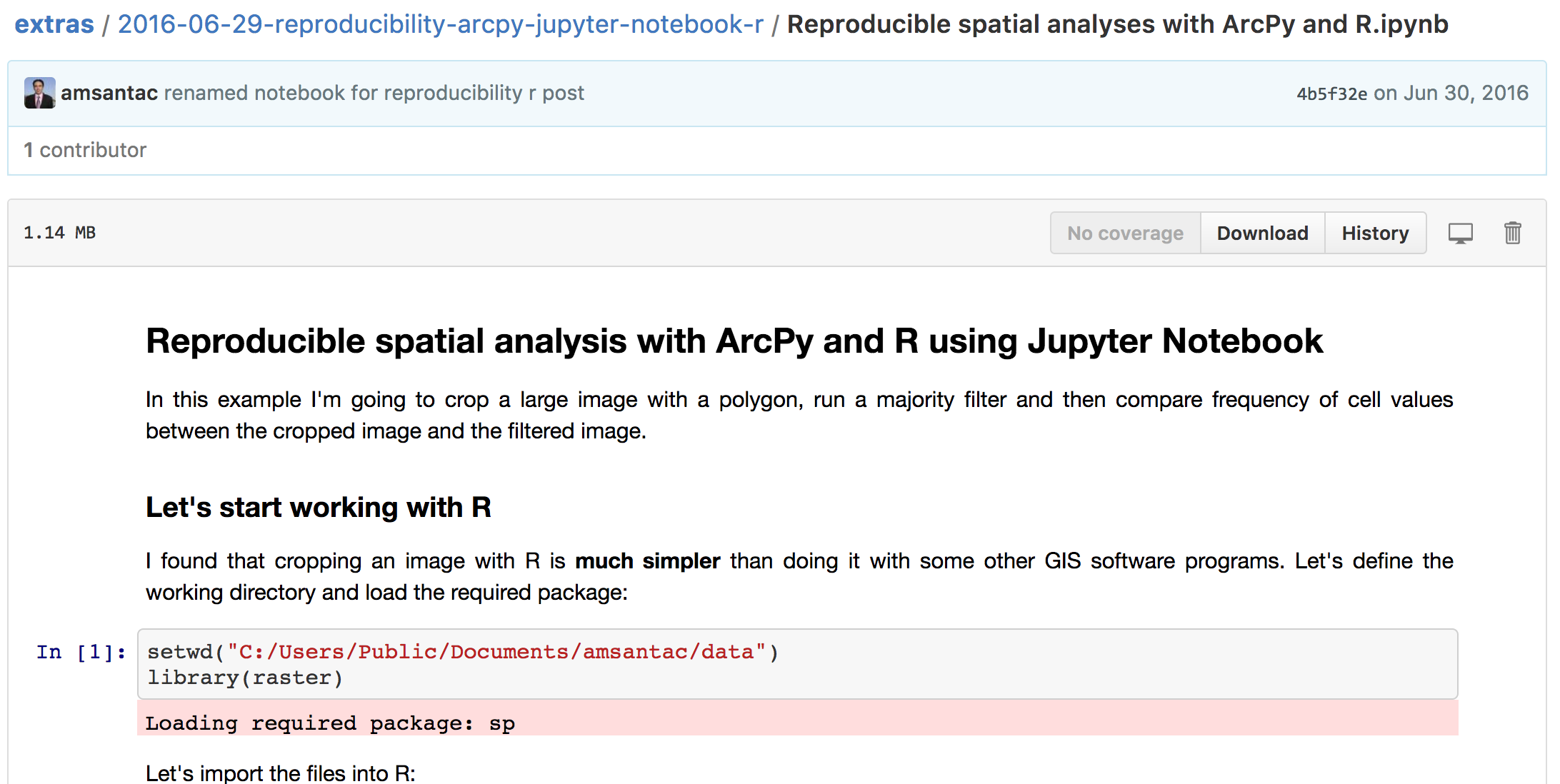
something similar in R: Rmarkdown
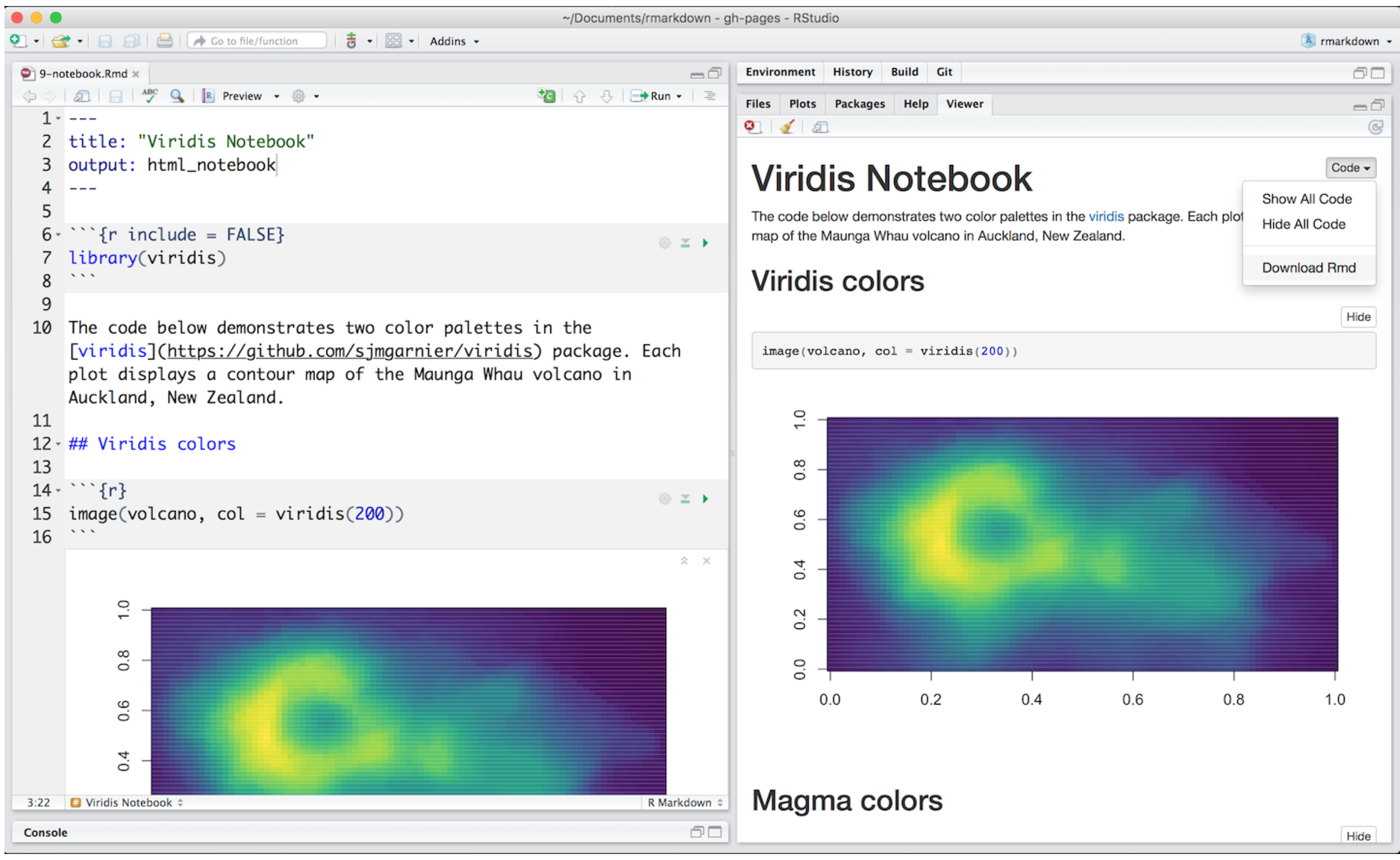
R language
used widely in biology, psychology, medicine, etc.
rapidly growing user base, companies surrounding it
includes all tools for open science workflow
though work to be done ...
Open science ecosytsem
rOpenSci does:
rOpenSci staff
ropensci.org/about/#staff
4 full time
now including a community manager!
leadership team
advisory board
rOpenSci stats
~ 250 code contributors
~ 343 Github repositories
~ 30,000 commits
~ 117 published R packages
the research workflow
Data acquisition
data manipulation/analysis/viz
writing
publish
the research workflow
Data acquisition
data manipulation/analysis/viz
writing
publish
the research workflow
Data acquisition
data manipulation/analysis/viz
writing
publish
the research workflow
Data acquisition
data manipulation/analysis/viz
writing
publish
the research workflow
Data acquisition
data manipulation/analysis/viz
writing
publish
We make data driven stories easier to tell
here are some stories ...
use case 1
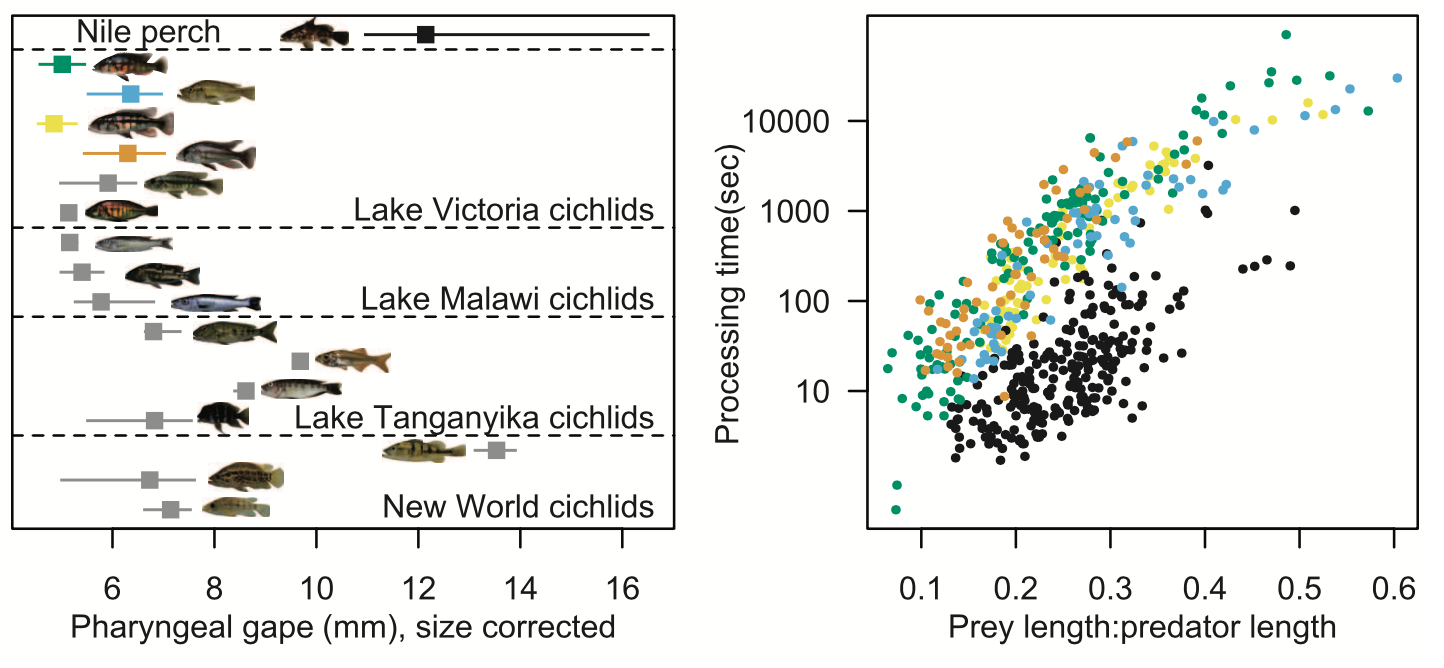

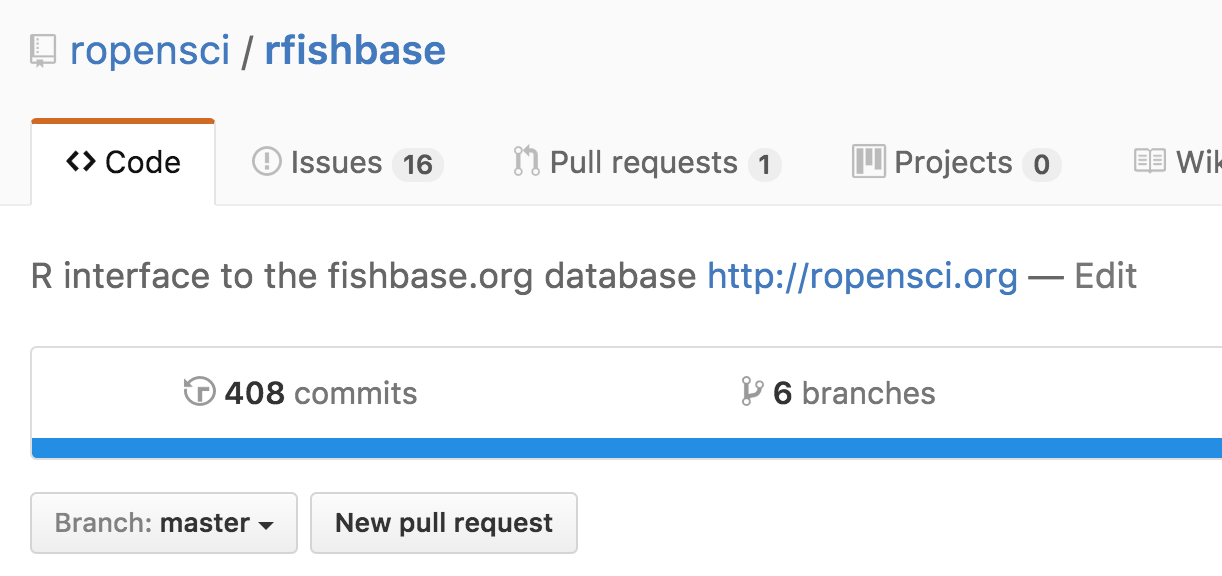
use case 2
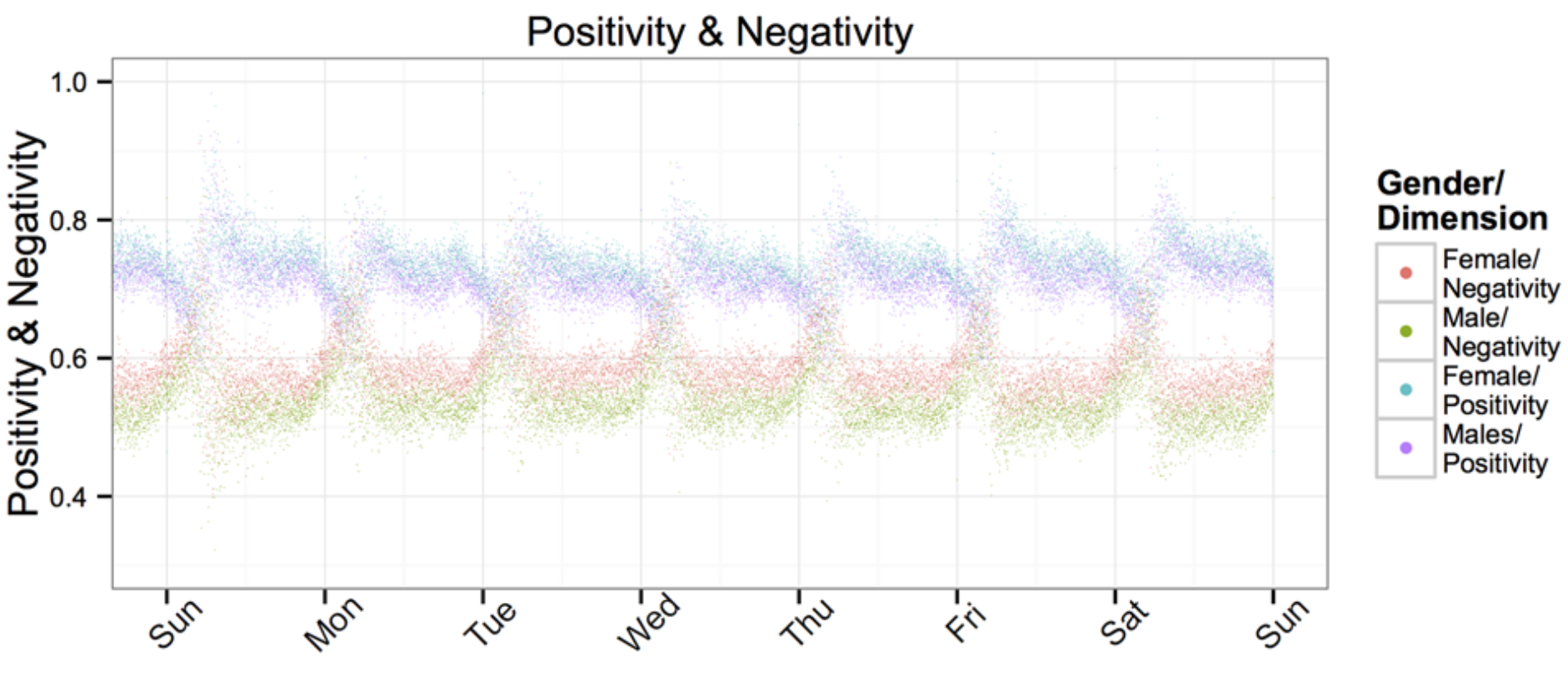


use case 3: OKMaps
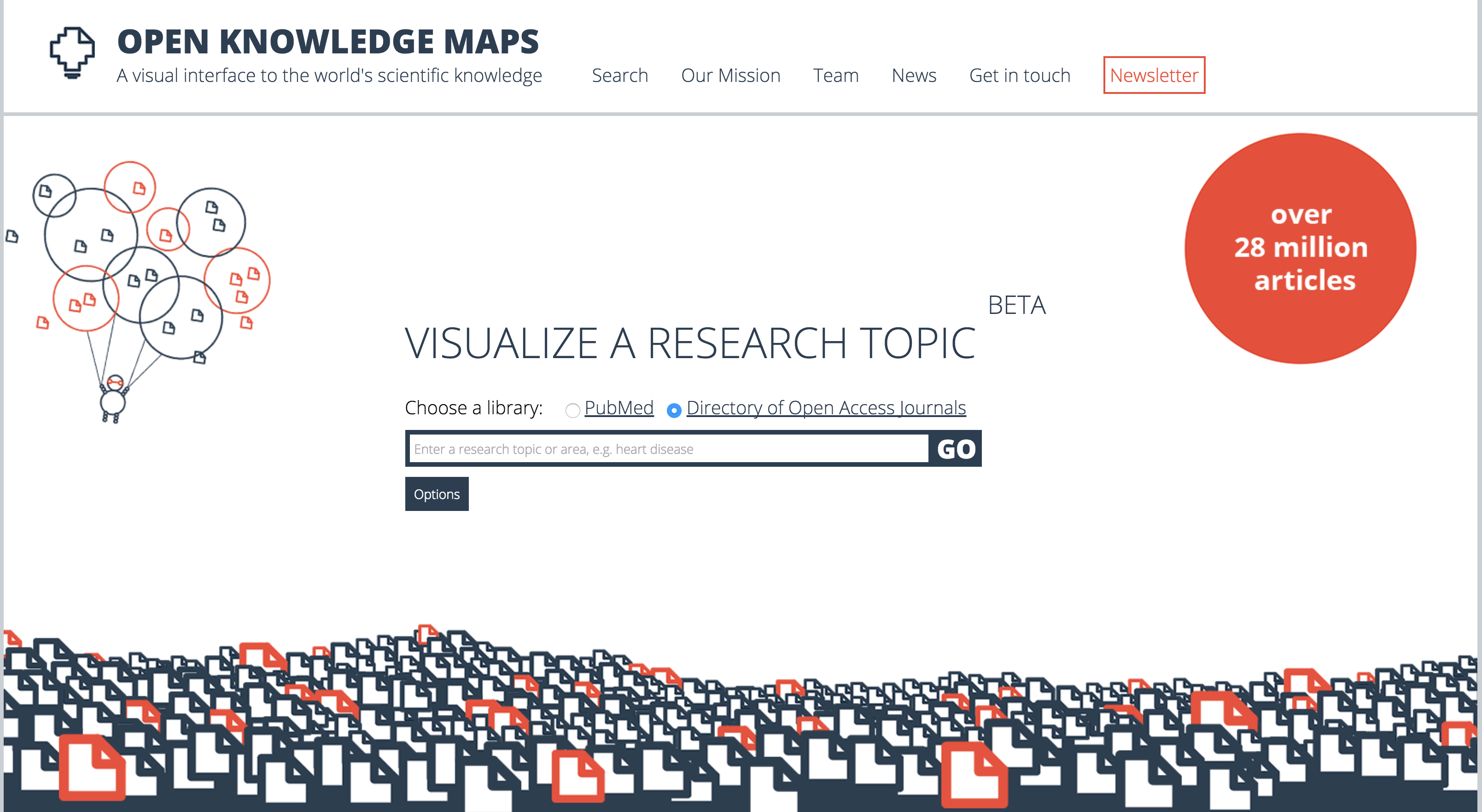
use case 4: mining gene ontology labels
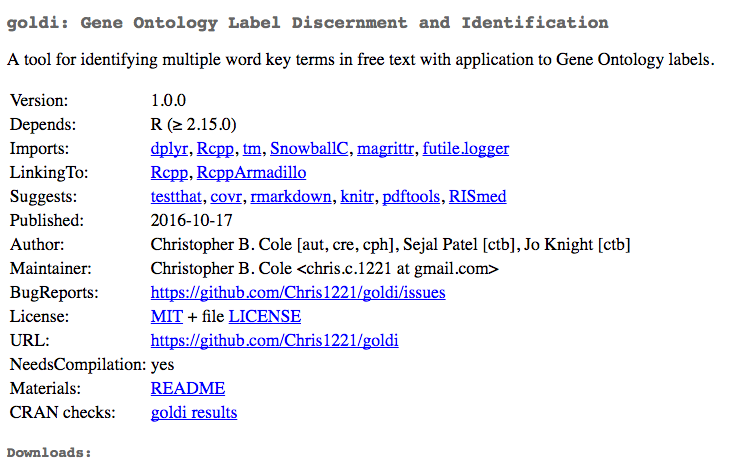
using our R package pdftools
use case 5: plant pathogens explained by taxonomic similarity
Plant-pathogen associations explained by taxonomic similarity
taxonomic data cleaning with our R package taxize
Wrap Up
Open science is essential
Open science tools are useful on their own
rOpenSci: one of the tool makers
Challenges going forward
Largely cultural - will slowly change
Wrap Up
rOpenSci is a community project
Let us know what you need
Help us make better tools